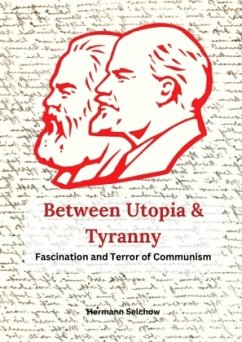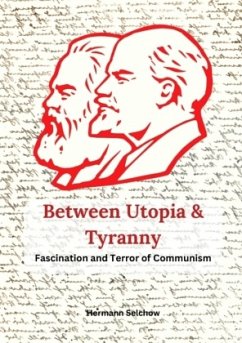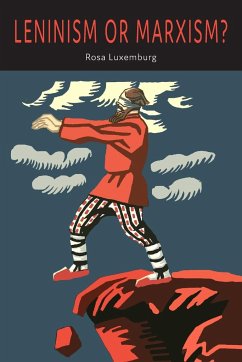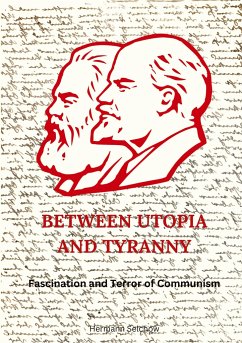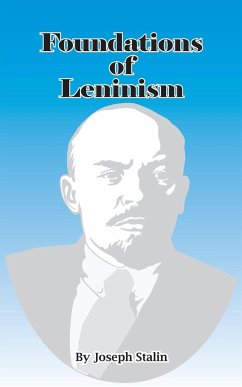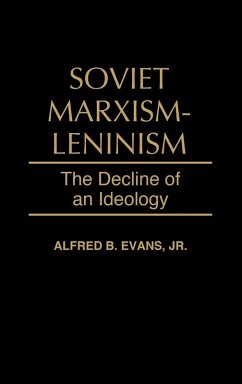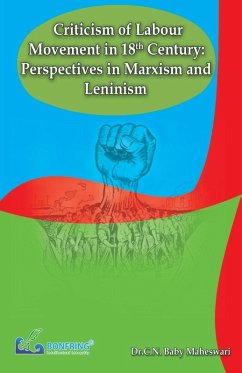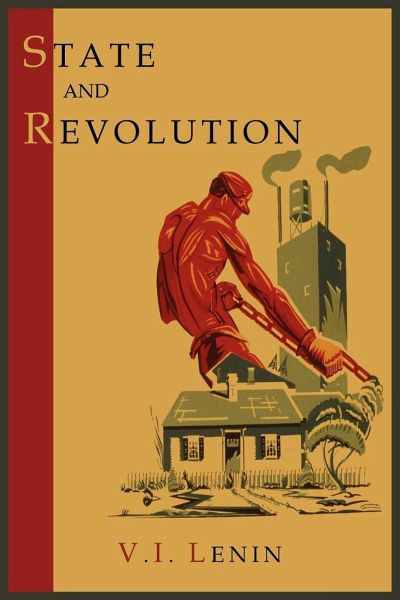
State and Revolution
Versandkostenfrei!
Versandfertig in 1-2 Wochen
10,99 €
inkl. MwSt.

PAYBACK Punkte
5 °P sammeln!
2011 Reprint of 1932 Edition. Full facsimile of the original edition, not reproduced with Optical Recognition Software. "State and Revolution" (1917) describes the role of the State in society, the necessity of proletarian revolution, and the theoretic inadequacies of social democracy in achieving revolution. It describes the inherent nature of the State as a tool for class oppression, a creation born of one social class's desire to control all other social classes. Whether a dictatorship or a democracy, the State remains in the control of the ruling class. Even in a democratic capitalist repu...
2011 Reprint of 1932 Edition. Full facsimile of the original edition, not reproduced with Optical Recognition Software. "State and Revolution" (1917) describes the role of the State in society, the necessity of proletarian revolution, and the theoretic inadequacies of social democracy in achieving revolution. It describes the inherent nature of the State as a tool for class oppression, a creation born of one social class's desire to control all other social classes. Whether a dictatorship or a democracy, the State remains in the control of the ruling class. Even in a democratic capitalist republic, the ruling class will never willingly relinquish political power, maintaining it via various strategies. Hence, according to this view, communist revolution is the sole remedy for the abolition of the state.



